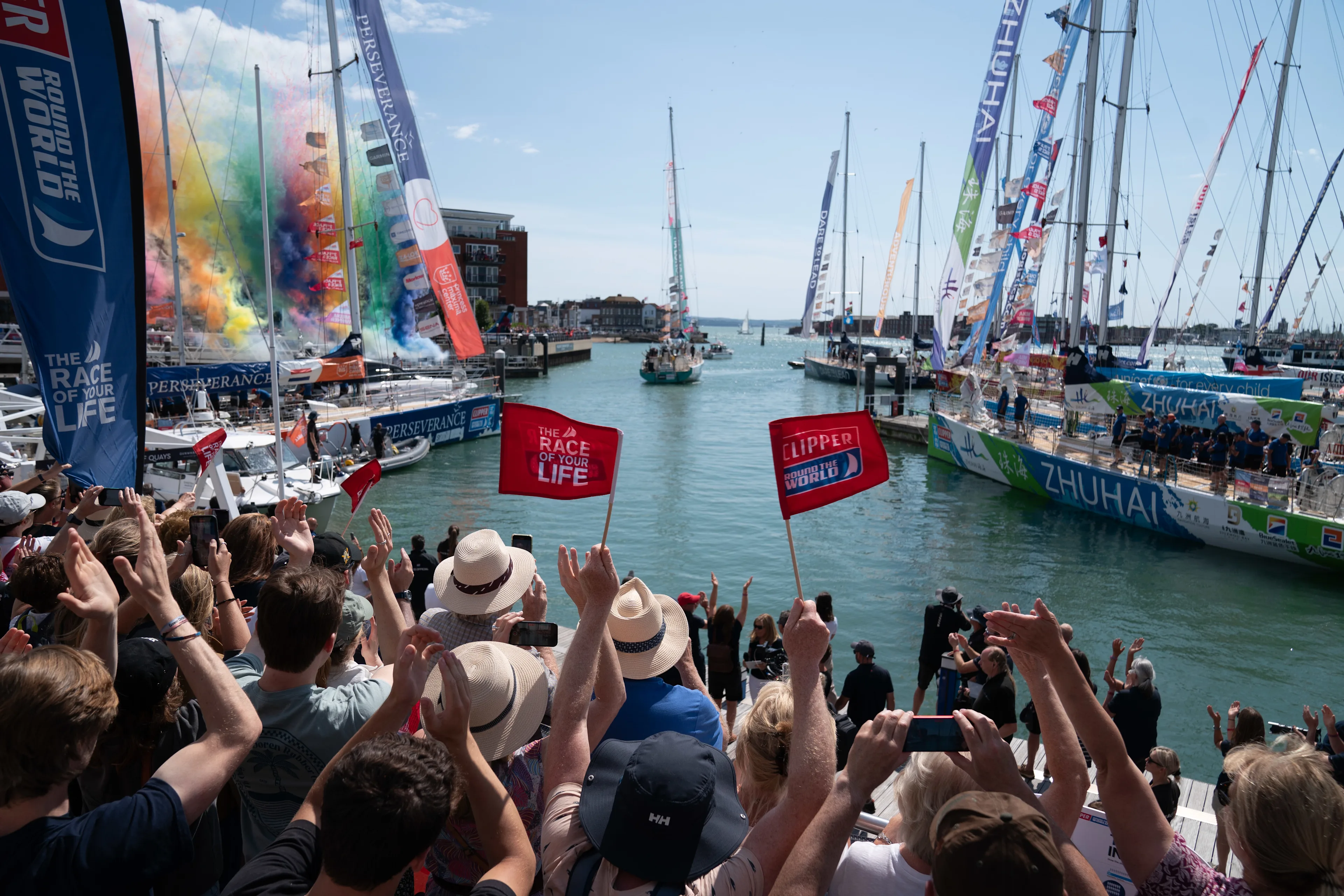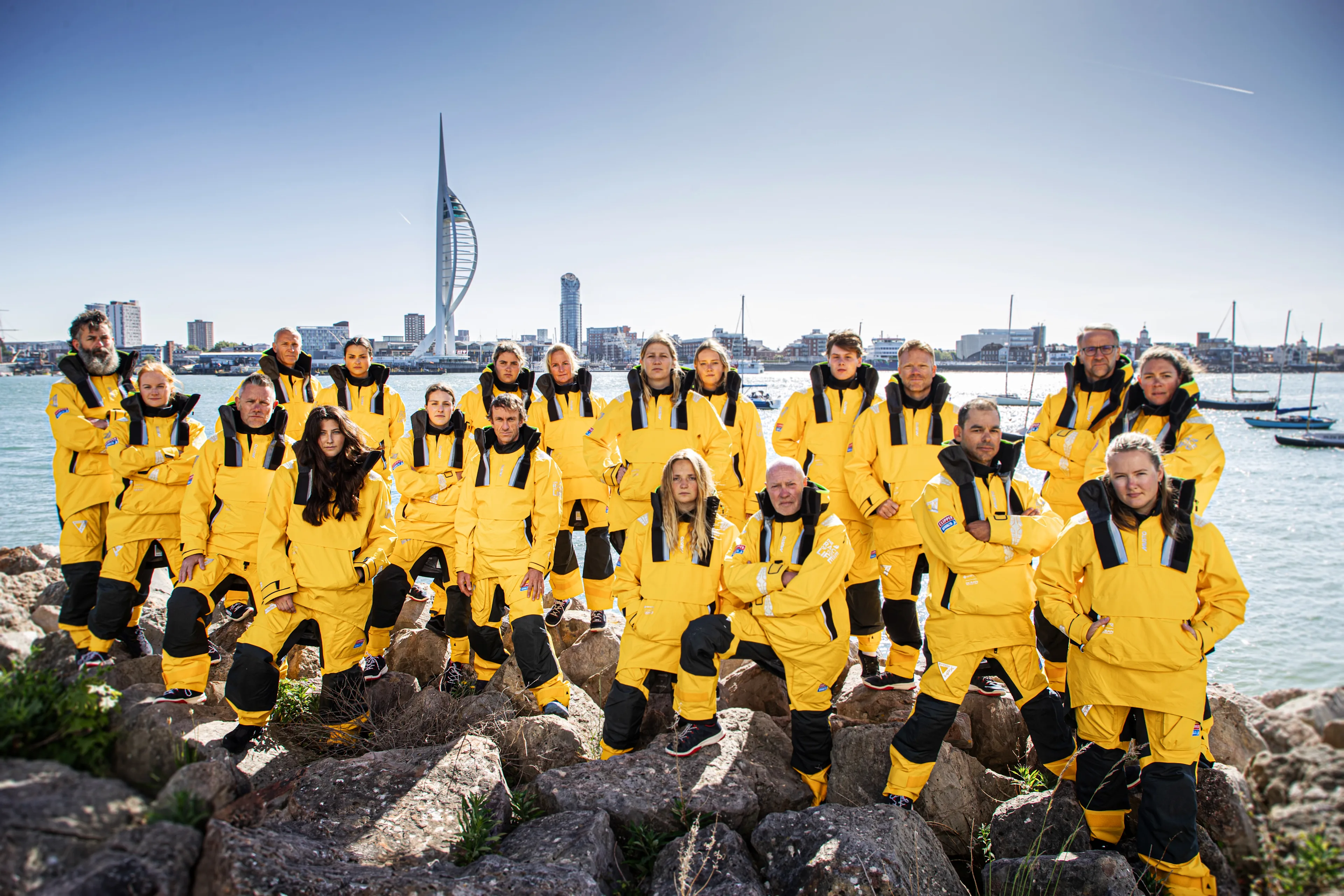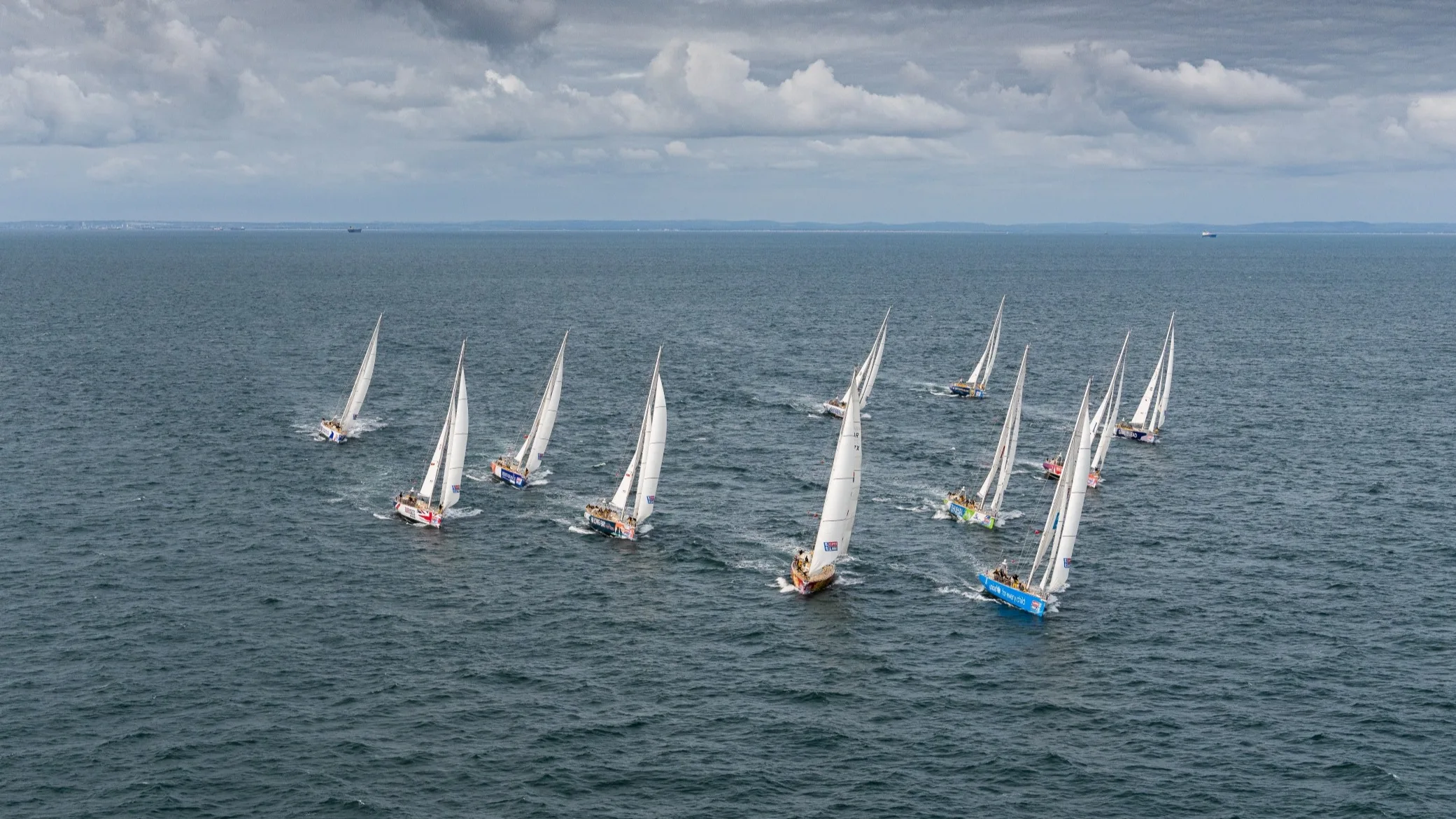News
0 items
Loading...

Keep updated on our upcoming events
Upcoming EventsExplore exciting global stopovers, crew events, and race celebrations during the thrilling Clipper 2025-26 Race Edition. Your adventure starts here!
Join the Race
40,000nm. 5 Oceans. 1 Circumnavigation. See you on the start line.





